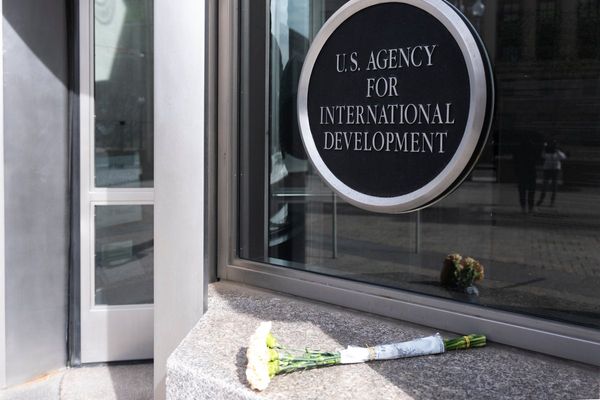
In the last several weeks, Apple has been either the target of governmental investigations, or the main focus of letters sent to various agencies within the government requesting that a legal probe begin immediately. Those legal actions have been mostly taking place in either Europe or the U.S..
But on Wednesday, there was news that Japan would be joining this club: It appears that the Japanese government could enact legislation to force both Apple and Google to allow alternatives to their respective app stores. According to NikkeiAsia, "the plan is to allow the Japan Fair Trade Commission to impose fines for violations...the penalties would generally amount to around 6% of revenue earned from the problematic activities." The financial news outlet also noted that the laws are not targeting Japanese companies, only "multinational firms."
It appears that the regulations are still a work in progress, to be finalized this spring. NikkeiAsia says that currently, the laws are focusing primarily on four areas: app stores and payments, search, browsers, and operating systems.
Does Apple have a strategy for dealing with international antitrust laws?
The news of Japan drafting such antitrust legislation follows months of other legal action against Apple that have been taking place in other parts of the globe earlier this year:
- Apple appealed the decision made by the U.S. International Trade Commission, which banned imports of the Apple Watch Series 9 and Apple Watch Ultra 2. Apple also filed emergency stay on ban of those two watches.
- Last week, in the U.S., more than a dozen tech advocacy groups sent a letter to the department of justice calling for an antitrust probe of Apple.
- In September, the European Commission deemed Apple a "gatekeeper," a designation which Apple disputes, under the Digital Markets Act.
- In September, a Wall Street Journal report said that China had banned the use of iPhone for government officials at work.







